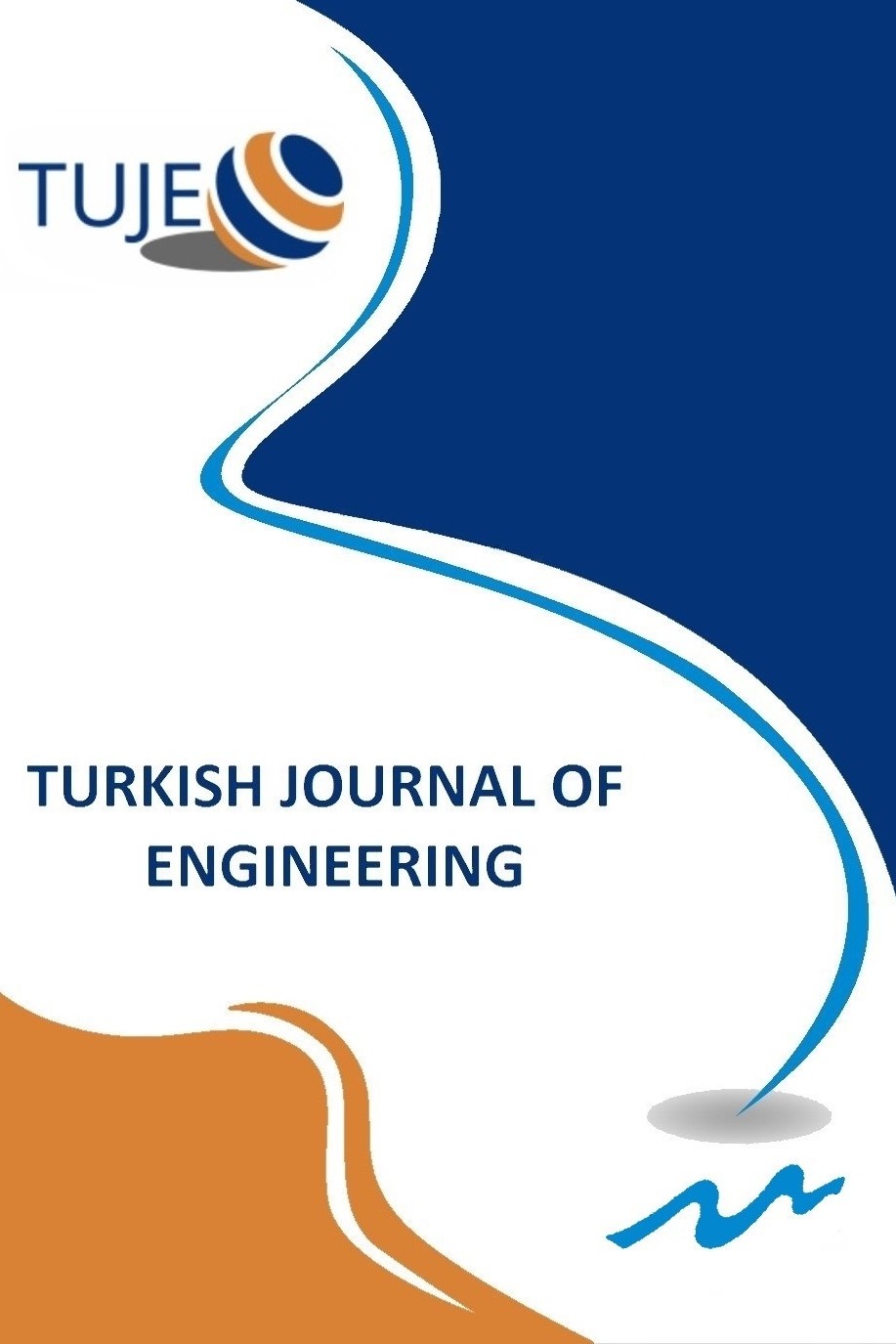
Turkish Journal of Engineering
Yazarlar: Hüseyin PEHLİVAN
Konular:Mühendislik
DOI:10.31127/tuje.498878
Anahtar Kelimeler:Recycle Bin,Operating Systems,System Calls,Process Tracing,Restoration
Özet: Folders such as recycle bin are a crucial component of wide working environments like operating systems. In current operating systems, such facilities are implemented either in no user-oriented fashion or very poorly. Various intrusion detection mechanisms are developed to prevent any damage, but very few offers the repair of the user's file system as an additional level of protection. This paper presents how to build a recycle bin mechanism for Unix operating systems entirely at the user level. The mechanism involves the control of system resources in a more intelligent way. Programs thus are run under greater control, monitoring and analyzing their resource requests. The idea is based on the interception of a particular class of system calls, using tracing facilities supported by many Unix operating systems. This provides better high level information, presenting efficient techniques to prevent foreign or untrustworthy programs from doing any irreparable damage. A program called trash has been constructed and experimented to investigate potential consequences of the recycle bin mechanism. The experiments indicate a highlight of possible overheads imposed on the system.